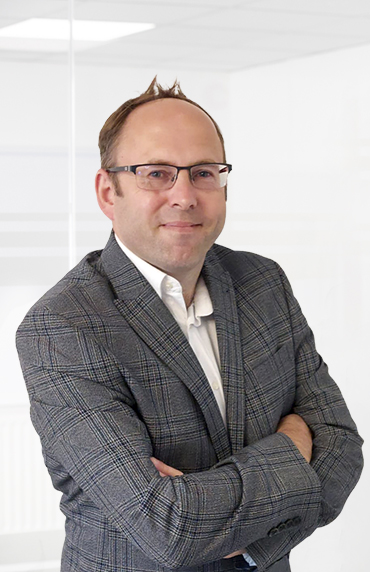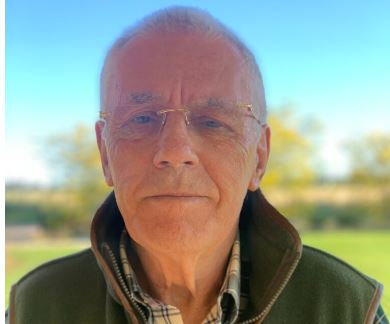OPINION: The Government announced last month that it plans to halve the quantity of residual waste sent to landfill or incineration by 2042 – a pledge that has finally brought this waste stream into the spotlight. And very welcome it is too.
I’ve always referred to Mixed Residual Waste as forgotten waste because of the lack of attention it’s received. We quite rightly promote our achievements with the levels of recycling we achieve. However, as a nation some 11 million tonnes of the waste still go to landfill and 17 million tonnes to conventional mass burn Energy from Waste (EfW) each year – even though other solutions have a smaller environmental impact and deliver bigger cost and carbon savings.

Now, with Defra’s spotlight firmly on this waste stream, there is an opportunity to move the conversation beyond the idea that recycling, landfill and incineration are the holy trinity of waste options.
Education is a crucial part of this picture. Defra’s acknowledgement that their 2042 ambitions are predicated by ‘significant’ behavioural change highlights the need for greater education on a corporate, industry and community level. Mixed Residual Waste exists largely because of human behaviour and lack of knowledge about how our actions determine where waste goes. Worryingly, this lack of understanding isn’t just limited to waste creators, it includes waste handlers too.
Most organisations don’t know enough about waste so aren’t able to consider all options
Part of this issue stems from where the knowledge and power sits. Most organisations don’t know enough about waste so aren’t able to consider all options, nor do they audit their waste handlers with any regularity. Instead their strategies are led and perhaps even constrained by waste contractors’ recommendations or capabilities, rather than a big picture view of all of the available solutions.
Waste handlers and creators have a shared duty to educate themselves and quickly, for it is education that will drive change. Defra’s goal will, I hope, create the optimum conditions for greater adoption of the UK’s alternative technologies and innovative treatments. For example, biotechnology is already proving its worth as a highly effective, carbon efficient alternative for this waste stream and one that can deliver much-needed cost certainty, while also unlocking value from the waste itself.
When Mixed Residual Waste goes through our on-site aerobic digestion process, the resulting floc is such high quality that it’s suited for use as a Solid Recovered Fuel (SRF) replacing carbon intensive coal or gas in cement kilns, or can be refined further to extract polymers and chemicals, meaning it sits firmly within the circular economy. Turning Mixed Residual Waste into SRF is the most sustainable option after recycling.
In giving waste greater value through this process, the circular economy not only benefits by reducing waste and recovering resources, but organisations better manage their costs too. It is 40% cheaper to send waste for SRF processing that it is to conventional mass burn EfW. But perhaps now – faced with rising energy costs, increasing disposal costs at EfW plants and landfill sites – the 55% price hike because of red diesel ending, a significant reduction in waste export abroad, the war in Ukraine and mounting government pressure – the conditions are right for widespread change. Giving rubbish a new lease of life as fuel has tremendous value.
There is always a risk that some will see Defra’s 2042 goal as far from urgent, it’s some 20 years away after all, but I’m cautiously optimistic that this is the year for change. With ESG goals a big business priority for 2022, I hope we’ll see much greater interest in the detail of waste and far greater trial and uptake of the other solutions available – particularly once business leaders see there are easy carbon and cost savings to be had from diving into their mixed residual waste bin.
AUTHOR
Dr Stephen Wise is chief strategic development officer for biotechnology business Advetec. He has more than 20 years’ experience in the waste, renewables and environment sector and his expertise spans operations, technical and engineering services across all waste treatments technologies, policies and regulations.
A board member of the Industrial Biotechnology and Innovation Centre (IBioIC) and the Composting and Anaerobic Digestion Association of Ireland (Cre), Dr Wise is also a member of various expert panels for the sector. He notes that he has run multi-million-pound activities for market-leading companies including Suez, Renewi, Cementir, Ricardo, Wood Group, and Energia.











Subscribe for free